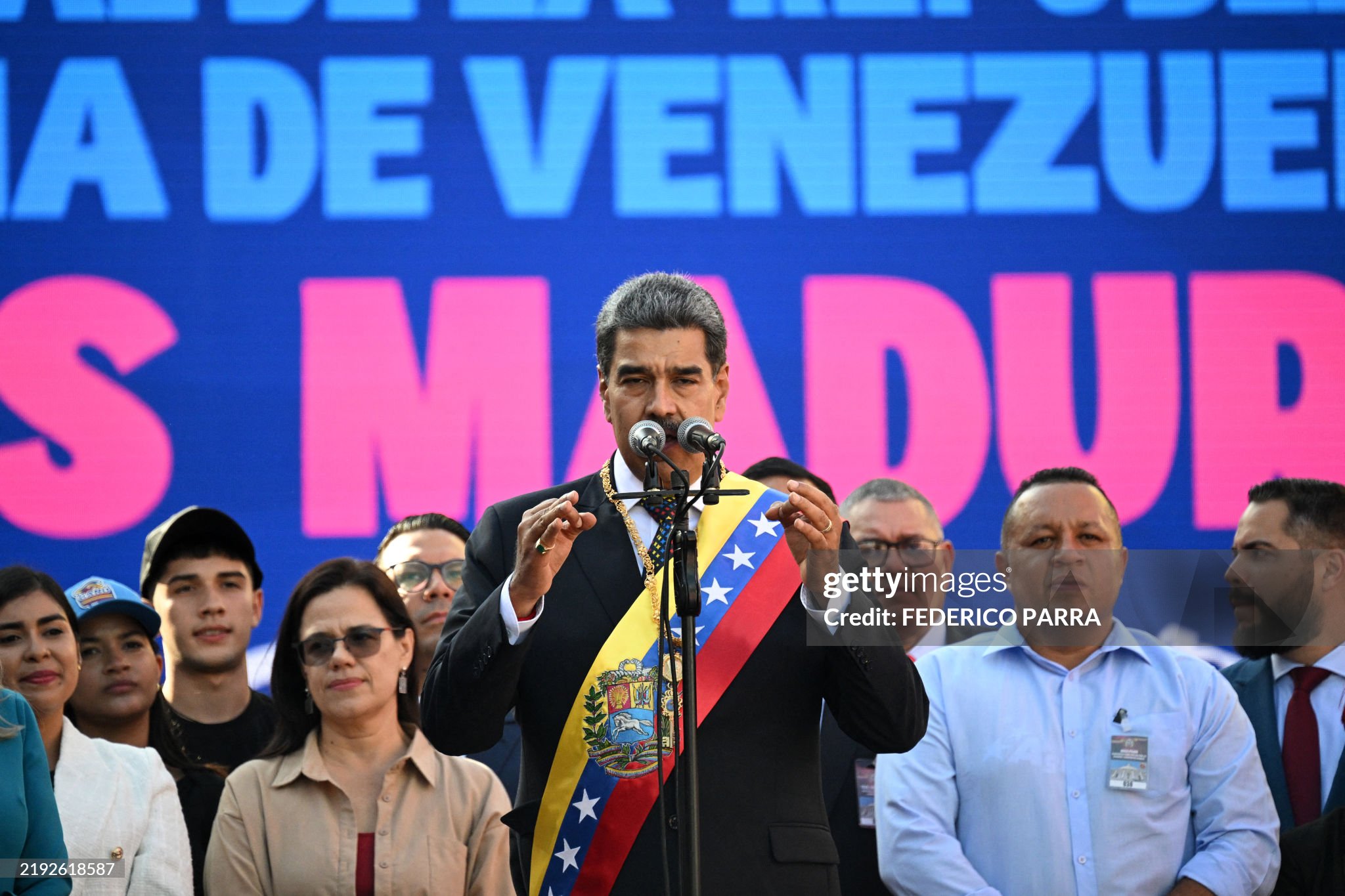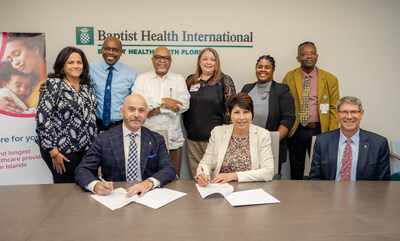Authors: Julien Hector, Ariel Bonilla
The rights and self-sufficiency of Afro-descended communities in Nicaragua are in jeopardy. The Nicaraguan Kriol and Garifuna people have endured social, political, and economic marginalization for centuries. The history of Afro-descendents reflects the intricate reality that makes Black Nicaraguans a significantly vulnerable population in a country facing economic challenges under an authoritarian regime (bit.ly/3wkE4ZQ). Blanqueamiento (“Whitening”) policies continue to threaten their cultural identities and their linguistic heritage by suppressing Kriol and Garifuna dialects and land and livelihood from state-sponsored land grabs (bit.ly/3wkE4ZQ). This pattern of marginalization has continued into the 21st century, with measures as recent as the 2006 Law of Communal Property that led to a series of illegal encroachment by mestizo settlers from the Pacific.
Amidst these challenges, Kriol and Garifuna leaders have emerged, such as George Henriquez, a Kriol activist and scholar. Despite the absence of state support or protection, Henriquez and others like him confront multinational corporate interests. In an interview with LAWG Advocacy Interns Ariel Bonilla and Julien Hector, Henriquez emphasized the crucial role of the international community, human rights and advocacy groups, and the United States in addressing their plight. His struggle is a testament to the power of grassroots activism and the potential for change when a community stands up for its rights.
Afro-Nicaraguan Reality
“Whenever we go to political spaces and speak about topics, such as autonomy, demarcation, decentralization, land unit, and intercultural bilingual education, they say no.”
Nicaraguan Kriol and Garifuna communities face neglect, marginalization, and relentless encroachment on their territories by land grabbers. According to Henriquez, their economic and social marginalization demands that they fight for their survival – “scream to get basic rights” – and to protect their way of life.
The current, ongoing repression is rooted in the enactment of Law No. 445 in 2006, or “Ley de Propiedad Comunal de los Pueblos Indígenas y Comunidades Étnicas (bit.ly/3QDqh7m). This law regulates land ownership and subjects communal lands to federal control over economic development and modernization projects. This has significant implications for the dignity and rights of Afro-Nicaraguans. The regions affected are the Atlantic coast and rivers of Bocat, Coco, Indio, and Maize, and, according to George Henriquez, overlooks the cultural, financial, and subsistence roles their “non-producing” lands play in their society. The combination of greed for power from the national government, the extractivist interests from international corporations, including mining companies – B2Gold (A Canadian gold-mining company), Cargill and Archer Daniels Midland involved in agribusiness, and ExxonMobil and BP involved in energy extraction – and the economic desperation of the mestizo Spanish-speaking people are significant threats to the livelihood, rights, and historic lands of Afro-Nicaraguan people (bit.ly/3UByzxH).
Contemporary Challenges
Henriquez’s insights are crucial for understanding the historical discrimination against Afro-Nicaraguan communities, a struggle long predating the Ortega regime. His observations dispel a corrosive myth – that the existence of mixed-race Nicaraguans automatically negates the problem of racism. He points out the tensions between Indigenous and Black communities and the government, particularly when traditional communal and territorial governments deviate from state policies. For example, despite the enactment of Law No. 445, communal territories face heightened insecurity due to Autonomous Regional Councils that granted significant mining, logging, and fishing concessions within titled territories (bit.ly/4afu6a3). While Law 445 defines communal territory and property and obligates the state to address demarcation requests for Indigenous and Afro-descendant territories, the Ortega government has failed to resolve demarcation requests from the Bluefields and Corn Island Creole communities (bit.ly/4afu6a3). Addressing this neglect is essential to rectifying the historical discrimination and erasure experienced by Afro-Nicaraguan communities.
Despite the formidable challenges, Afro-Nicaraguan communities have demonstrated remarkable resilience, empowering themselves through collective organizing efforts. One such initiative, the Phonossemias project, is a tangible testament to their progress. This project, aimed at addressing the economic disparities and limited opportunities faced by Afro-Nicaraguans, particularly concerning land and property rights, provides small investments and business skills training. Nevertheless, the turbulent political climate often threatens these initiatives’ success, as those engaged in advocacy continually face the risk of persecution.
The Role of Human Rights Organizations
International human rights organizations, like LAWG, are pivotal in raising global awareness and safeguarding vulnerable communities from persecution. Their economic support and resources also directly benefit Afro-Nicaraguan communities. Henriquez emphasizes that their involvement is crucial in securing funding for projects like Phonossemias and facilitating partnerships between local initiatives and the national government. These organizations also advocate for the U.S. government to support Afro-Nicaraguans’ rights. By providing strategic guidance, capacity-building support, and fostering collaboration between regional stakeholders, these organizations can amplify the impact of grassroots initiatives and empower Afro-Nicaraguan communities to address systemic issues.
Henriquez also highlights how engagement with the larger African Diaspora presents opportunities for collaboration and international solidarity. Events like the African Diaspora Investment Symposium (ADIS) facilitate such cooperation, aiming to inspire participants to contribute to the development of Black communities worldwide (bit.ly/3UxRbPq). He encourages business partnerships between Black communities across the Diaspora to enhance economic cooperation beyond cultural exchange. By amplifying the voices of Afro-Nicaraguan communities and advocating for their rights on both local and global platforms, their fight for survival and their aspiration for liberation can advance.





















Discussion about this post